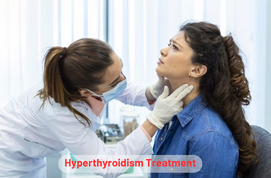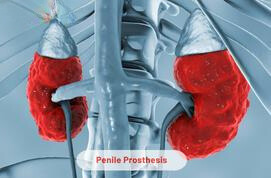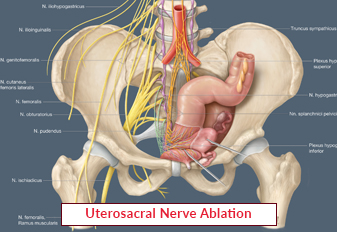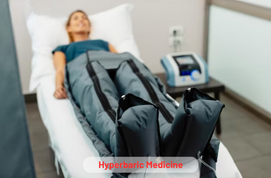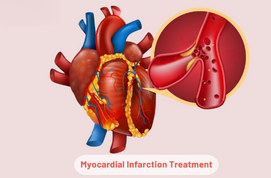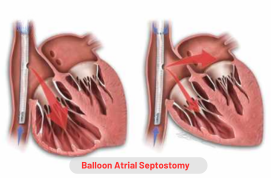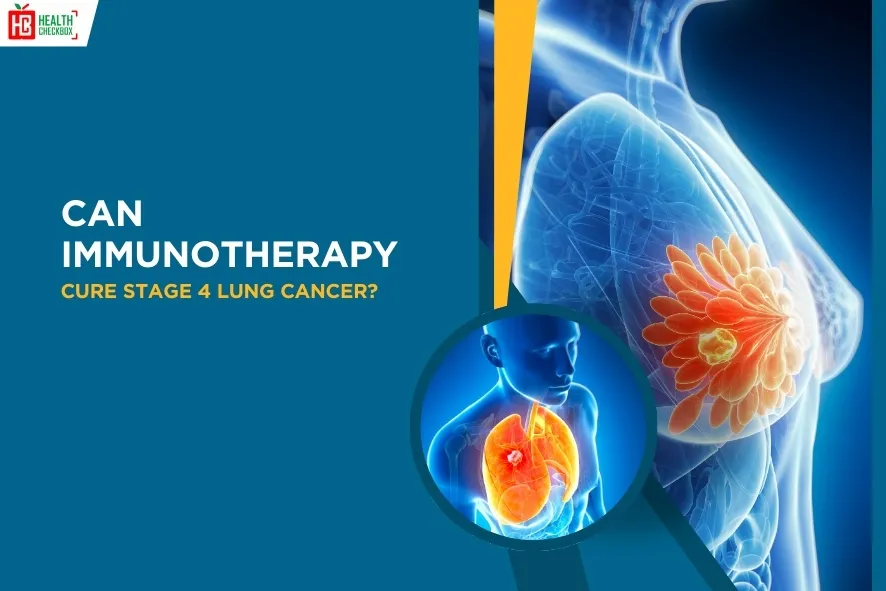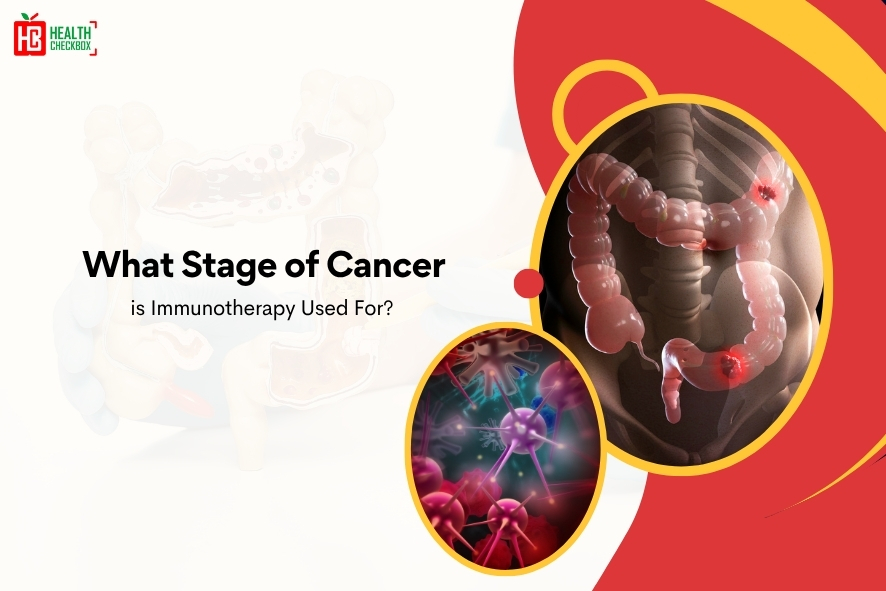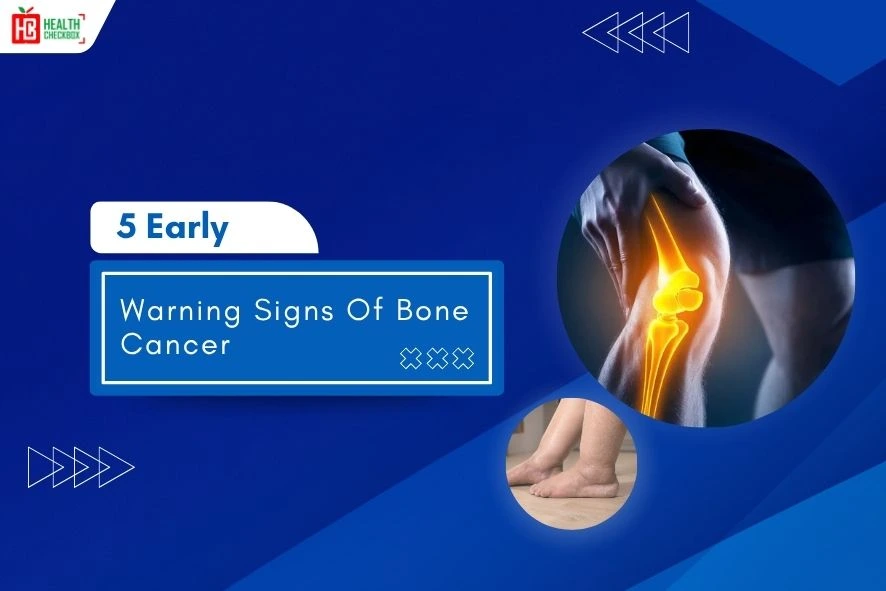Hyperthyroidism affects both adults and children. This condition occurs when the thyroid gland produces extra hormone. If it remains untreated then it leads to congestive failure and other serious complications too. Various options are available for Hyperthyroidism treatment, but the antithyroid medication is the primary treatment that slows down the production of excessive hormones. Another option is radioactive iodine therapy, which reduces thyroid activity through a small and controlled radioactive iodine. Surgery involves in severe cases, whereas beta-blockers aids in relieving symptoms. The importance of regular monitoring is to track thyroid hormone through blood tests, which helps in managing this condition effectively.
Hyperthyroidism releases high levels of thyroid hormones, which speed up the body’s metabolism. The metabolism gets broken down and can cause weight loss, hand tremors, etc, in individuals.
Causes of Hyperthyroidism
This disorder consists of several causes. These are as follows:
- Grave’s Disease: It is an autoimmune disease, which includes excessive production of hormones, and it makes your thyroid gland more active as a result creates health problems.
- Thyroid Nodules: They are lumps that develop in the thyroid gland. These nodules are solid and cystic, which take place in the body due to deficiency of iodine and Hashimoto’s thyroiditis and create health complications.
- Thyroiditis: It causes extra thyroid hormone into the gland, which leads to swelling and inflammation in the neck and body.
- Consumption of Excessive Iodine: If you consume an excessive amount of iodine, then it can deliver more hormone from the gland. This is because the thyroid gland uses iodine to create thyroid hormone in the neck.
- TSH-releasing Pituitary Adenoma: It is a rare tumor that produces an excessive amount of thyroid-stimulating hormone in the pituitary gland of the body.
Hyperthyroidism Symptoms
The entire body gets affected due to hyperthyroidism, which is not diagnosed easily. These are as follows:
- Sweating
- Weakness in muscles
- Irregular heartbeat (arrhythmia)
- Increase in blood pressure
- Hair loss
- Anxiety, irritability, or nervousness
- Swelling or bulging in eyes
- Hand tremors
- Loss of weight
- Diarrhea
- Heart palpitations
- Neck swelling or enlargement
- Fast heartbeat (tachycardia)
- Changes in menstrual period
- Sleeping problem (Insomnia)
Diagnosis Tests for Hyperthyroidism Treatment
The several steps involved in diagnosing hyperthyroidism are as follows:
- Physical Exam: The physical exams need to be performed for checking the signs of hyperthyroidism. It can be a rapid heartbeat, changes in eyes, etc.
- Blood Tests: The level of thyroid hormones are being checked for the confirmation of hyperthyroidism diagnosis. People suffering with hyperthyroidism have a high-level of T4 and low level of TSH.
When taking biotin, the false results are provided through thyroid blood tests. You can consult with your healthcare provider for this issue. He or she may tell you to stop taking this medicine for 3 to 5 days before the test. If hyperthyroidism is visible in your results, then several other tests will be suggested for you, which help to find the overactivity of your thyroid.
- Radioiodine Scan and Uptake Test: It measures the amount of radioactive iodine to function your thyroid gland. A healthcare provider may tell you to swallow this medicine in capsule or liquid form. After that, your radioactivity is measured in your gland through a gamma probe. This device completes each scan in 30 minutes. After this process, you are suggested to sit on your clinic chair with a gamma probe. There is no pain or discomfort during the test.
Note: After the completion process, you should start eating your meal normally.
- Thyroid Ultrasound: This non-invasive medical test creates images of your thyroid gland through high-frequency sound waves. It may find thyroid nodules better than other tests. A doctor uses this test for evaluation of lumps or nodules. It is painless and does not ionize radiation.
Options for Hyperthyroidism Treatment
There are several options for hyperthyroidism treatment, which include the following:
- Anti-thyroid medicine: It is a primary treatment, which works by blocking the ability of the thyroid gland to make thyroid hormone in excess amounts. The thyroid function is usually controlled within two or three months. These drugs must require careful monitoring since they can have rare and serious side effects, which are harmful for individuals.
- Surgery: It involves the removal of the thyroid gland partially or fully. This treatment can be performed when the patient’s health condition becomes severe or rare. It is the best option for pregnant women.
- Beta blockers: They do not impact hormone levels but lessen symptoms such as rapid heart rate, heart palpitations, etc, in patients. It is another treatment that may be recommended by your healthcare provider. People suffering with asthma are not suggested to take these medicines.
How to Prevent Hyperthyroidism?
A healthcare professional provides certain instructions to prevent this health condition. These are as follows:
- Avoid eating fish, egg yolks, red dye, etc, which contain high amounts of iodine.
- You can keep your heart and lungs healthy through regular exercise.
- Avoid nicotine products such as cigarettes, tobacco, etc.
- You must learn to relax for physical and mental health.
Our Other Services
Latest Health Tips
Can Immunotherapy Cure Stage 4 Lung Cancer?
Early Signs of Cervical Cancer
Foods that Kill Cancer: Leafy Vegetables, Grains, & More
What Stage of Cancer is Immunotherapy Used For?
Which is Worse for Cancer, Sugar or Alcohol?
Vaccines That Prevent Cancer
What Kills Cancer Cells in the Body Naturally?
Early Warning Signs of Bone Cancer
Submit Your Enquiry
Testimonials








